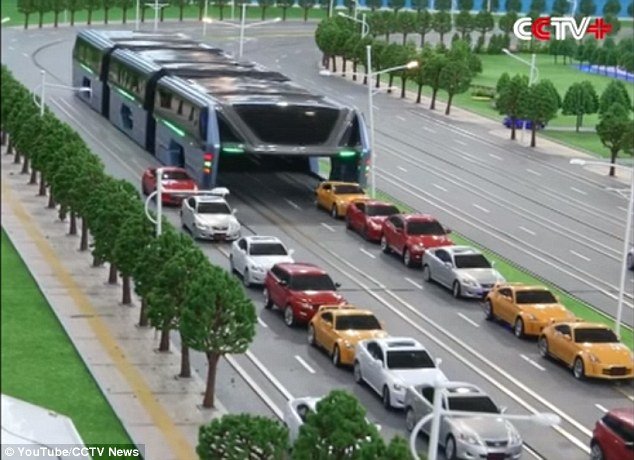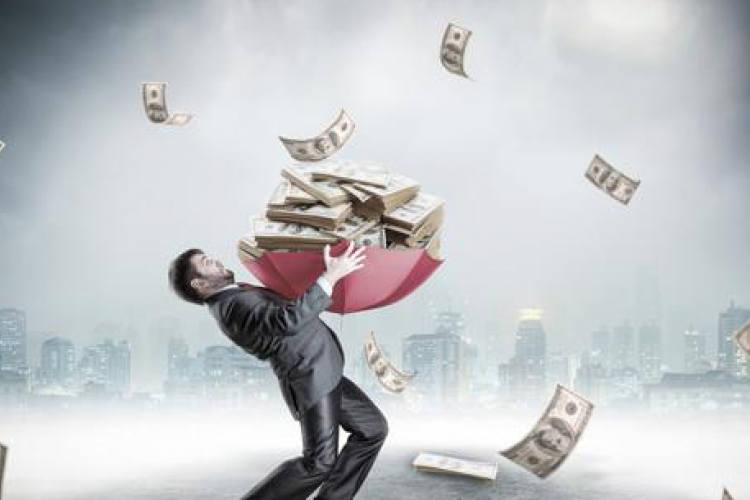China's Elusive Elevated Bus Accused of Being Not Only Phony, But Also Fraudulent
The notion of a futuristic, high-tech bus that can miraculously reduce traffic congestion with its elevated, car-straddling design sounds like something straight out of science fiction. And critics say it's nothing more than that; a geeky – even misleading – sci-fi pipe dream, despite the recent fanfare surrounding what was billed as the “Transit Elevated Bus'” (TEB's) test run in the northern Hebei city of Qinhuangdao, photos of which emerged online and went viral on August 2.
Despite the public's initial enthusiasm for this bold form of transportation – both after the announcement of its Hebei test run, and demonstrations with a scale model this past May – writers at the Global Times remained unimpressed. The state-owned publication ran an editorial on August 4 that accused TEB inventor Song Youzhou of lying to investors, and the public at large, about the vehicle's degree of completion and overall feasibility. The ensuing controversy has even prompted some of the project's "mom and pop" investors to ask for their money back on August 9 (according to The Beijing News, via The Shanghaiist).

Those criticisms seemed to gain further traction when Asia One reported on August 9 that the bus' production center appeared to be abandoned, full of thick weeds and even farmers who had come to let their sheep graze.
Equally embarrassing was the Times that Song could dupe grassroots financiers into invested in the company via a peer-to-peer (P2P) crowdfunded platform. To put it mildly, Song's critics at the Times suggest that those investors aren't likely to see that money again. In the aforementioned The Beijing News article, one such investor said he wanted his contribution refunded, adding "My wife and I have invested more than 1 million yuan into Huaying Kailai's platform since 2014 with annual returns of 16 percent. But we want to get out money back now after reading negative news about the online platform."







